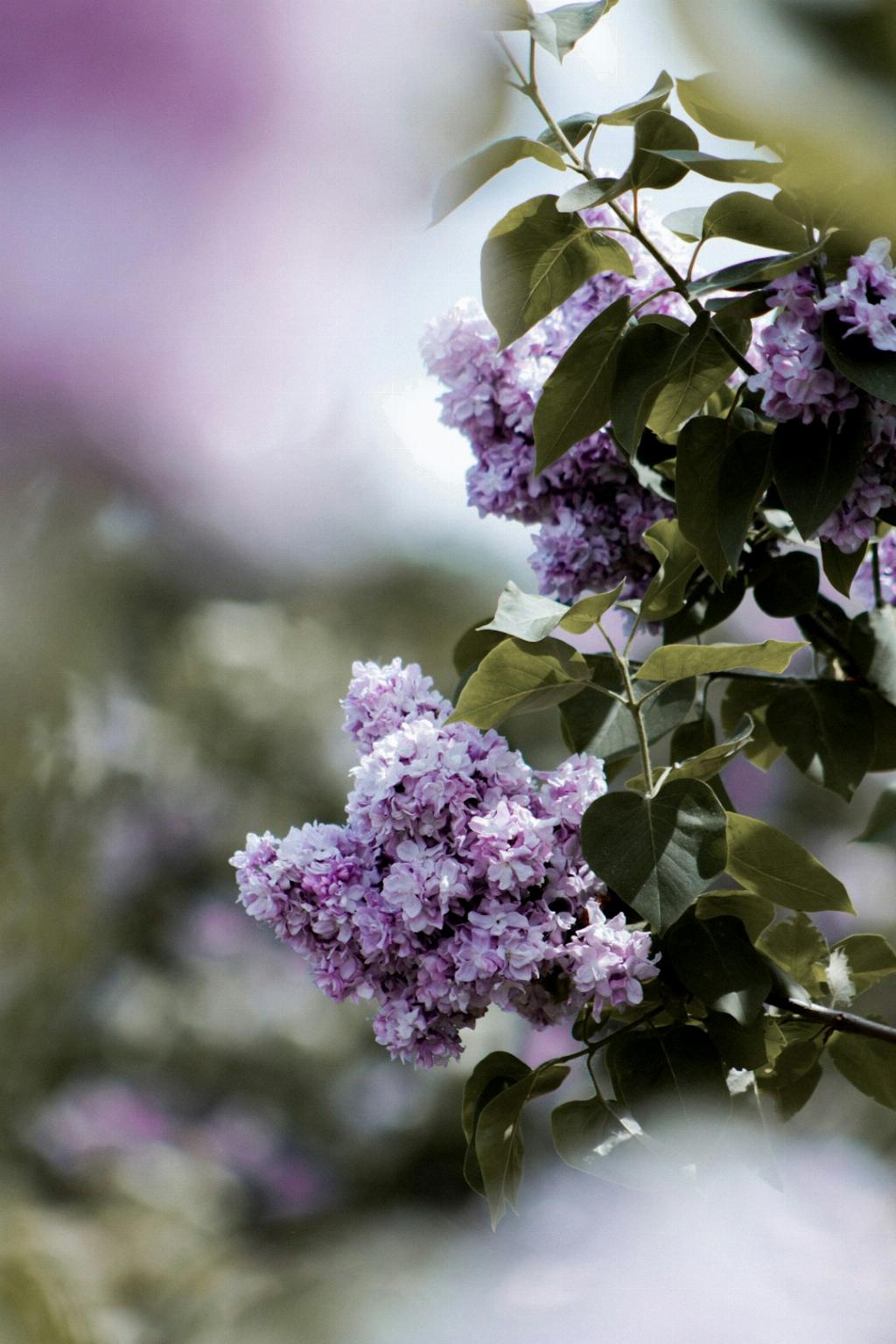When we talk about lilacs, we’re not just discussing a beautiful flowering bush that enhances the aesthetics of your garden. These fragrant blooms have a special relationship with bees, and understanding this connection can offer valuable insights into the importance of these pollinators.
Lilacs: The Bee Magnet
One of the most enchanting aspects of lilacs is their ability to attract bees. Bees are naturally drawn to the vibrant colors and enticing fragrance of lilac blooms. These flowers provide bees with a rich source of nectar and pollen, making them an indispensable part of a bee’s diet.
The Science Behind Bee Attraction
It’s not just their appearance that makes lilacs irresistible to bees. The composition of the nectar and pollen in lilac flowers plays a crucial role in attracting these pollinators. Bees have evolved to be attracted to specific scents and colors, and lilacs have perfected the art of enticing these beneficial insects.
Lilacs: A Feast for Bees
For bees, lilacs are like a buffet of delicious offerings. The nectar provides bees with the energy they need to forage and pollinate, while the pollen serves as a vital protein source. By planting lilacs in your garden, you are not only enhancing its beauty but also providing a valuable food source for these essential pollinators.
The Importance of Bee Pollination
Bees play a crucial role in pollinating plants, including many of the fruits and vegetables we rely on for sustenance. Without bees, the process of pollination would be severely disrupted, leading to a decline in crop yields and biodiversity. By attracting bees with lilacs, you are contributing to the health of your garden ecosystem.
Lilacs and Bee Diversity
When you plant lilacs in your garden, you are not just attracting honeybees but also a wide range of other bee species. Different bee species have unique foraging behaviors and preferences, and by offering a diverse array of flowering plants like lilacs, you can support a varied bee population in your garden.
Creating a Bee-Friendly Garden
If you’re passionate about supporting pollinators like bees, incorporating lilacs into your garden design is a fantastic way to create a bee-friendly environment. By providing bees with a diverse range of nectar-rich flowers like lilacs, you can help sustain bee populations and promote biodiversity.
Lilacs: Easy to Grow, Easy to Love
One of the wonderful things about lilacs is that they are relatively low-maintenance plants that thrive in a variety of climates. With proper care and attention, you can enjoy the beauty and fragrance of lilacs while simultaneously attracting bees and other pollinators to your garden.
The Mutual Benefit of Lilacs and Bees
The relationship between lilacs and bees is a perfect example of mutualism in nature. Lilacs rely on bees for pollination, which allows them to reproduce and thrive, while bees depend on lilacs for a source of food. This symbiotic relationship highlights the interconnectedness of plants and pollinators in the ecosystem.
Encouraging Bee Conservation
By cultivating a garden that includes bee-attracting plants like lilacs, you are taking a proactive step towards bee conservation. Bees worldwide are facing numerous threats, including habitat loss and pesticide exposure. By providing bees with a safe haven in your garden, you can contribute to their survival and well-being.
Conclusion
So, do lilacs attract bees? Absolutely! These stunning flowering bushes are a beacon for bees, offering them a rich source of nectar and pollen. By planting lilacs in your garden, you not only enhance its beauty but also support bee populations and promote biodiversity. Remember, when you welcome lilacs into your garden, you’re not just inviting beauty; you’re inviting the vital presence of bees.

